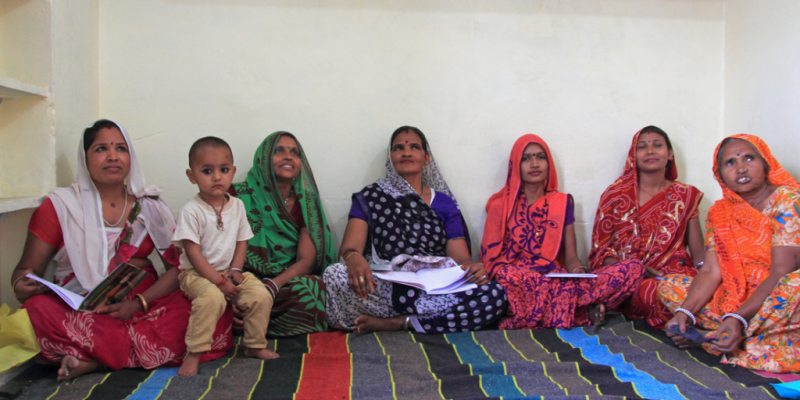
‘The SDGs recognize the urgent need to bridge the worlds of education and employment and ensure a solid educational and skills foundation for young people to make that leap to the world of work.’
Bangkok: The launch of the 4th Asia-Pacific Meeting on Education 2030 on 12 July began with an acknowledgement of the challenges and opportunities facing learners, educators and policy-makers in the region – home to 60% of the world’s young people. Under the theme of ‘Transforming Learning: Meeting the skills demand to achieve the SDGs in the Asia-Pacific’, APMED2030 is convening 270 government officials, civil-society partners and UN agency representatives to collaboratively build on positive trends and policies to realize better education options throughout the region.
Understanding the school-to-work transition
Focusing on the school-to-work transition – first, the way we are framing the problem is wrong because we cannot meet the needs of skills mismatch. It’s not realistic.
The more important thing is to understand that the market is changing so fast, constantly; most importantly, in order to close gaps in skills, we should help young people to build a solid foundation in education (primary-tertiary) so that they can be more adaptable and flexible.
It’s critical that young people access learning opportunities and relevant information on the changes in the LM. School-to-work transition isn’t just young people’s problem; it’s a challenge for old people too as they are expected to go back to school and learn new things.
If we can bring TVET earlier in school systems, build more TVET schools and help people to gain more technical education – and provide these learning opportunities through technology – we may be able to close the skills gaps and help people to be ready for jobs.
Sandra Damico, Vice-President, Cambodia Federation of Employers and Business Association
This year’s APMED2030 is focusing on SDG Targets 4.3 (ensure equal access for all women and men to affordable and quality technical, vocational and tertiary education, including university) and Target 4.4 (substantially increase the number of youth and adults who have relevant skills, including technical and vocational skills, for employment, decent jobs and entrepreneurship). No one in the field of education, however, believes that these targets are in any way separable from the overarching SDG4 on Education and, indeed, the realization of all the Sustainable Development Goals.
‘This is the crucial role of education as a cross-cutting objective in the 2030 Agenda, building sustainable, inclusive and resilient societies, in contributing to improved physical and mental health, better conditions and promoting gender equality and reducing inequality,’ Stefania Giannini, Assistant Director-General for Education, UNESCO, said at the meeting’s commencement.
Those development goals are also guideposts to address the challenges facing SDG4 in context of the 2030 Agenda. APMED2030’s opening day explored five themes relevant to every region: Inclusion and equity; digital skills; skills matching; qualification frameworks; and education for sustainable development.
From one vantage point, those themes contain laudable goals that need to be achieved. From another, massive challenges that are around the corner or already here. Unequal access to education, digital disruption causing unemployment, the mismatch of skills supply and demand. The challenges are as diverse as the region itself.
For education stakeholders, the urgency is all-too clear. ‘By 2030, only one of two young people in middle-income countries, and only one in 10 countries in low-income countries, will be on track to achieving basic secondary education,’ said Karin Hulshof, Regional Director, UNICEF East Asia and Pacific Regional Office. ‘This will stunt economic growth with far-reaching social and political consequences.’
In that context, with that sense of urgency, the 4th APMED2030 seeks to clarify strategies regarding SDG Targets 4.3 and 4.4, identify sub-regional capacity-building priorities and build consensus on a regional action plan. Ahead of the Global Education Meeting in December, this is a vital opportunity to identify regional and national-level responses to challenges facing the SDG4 targets and ensure that all people have access to quality education.


